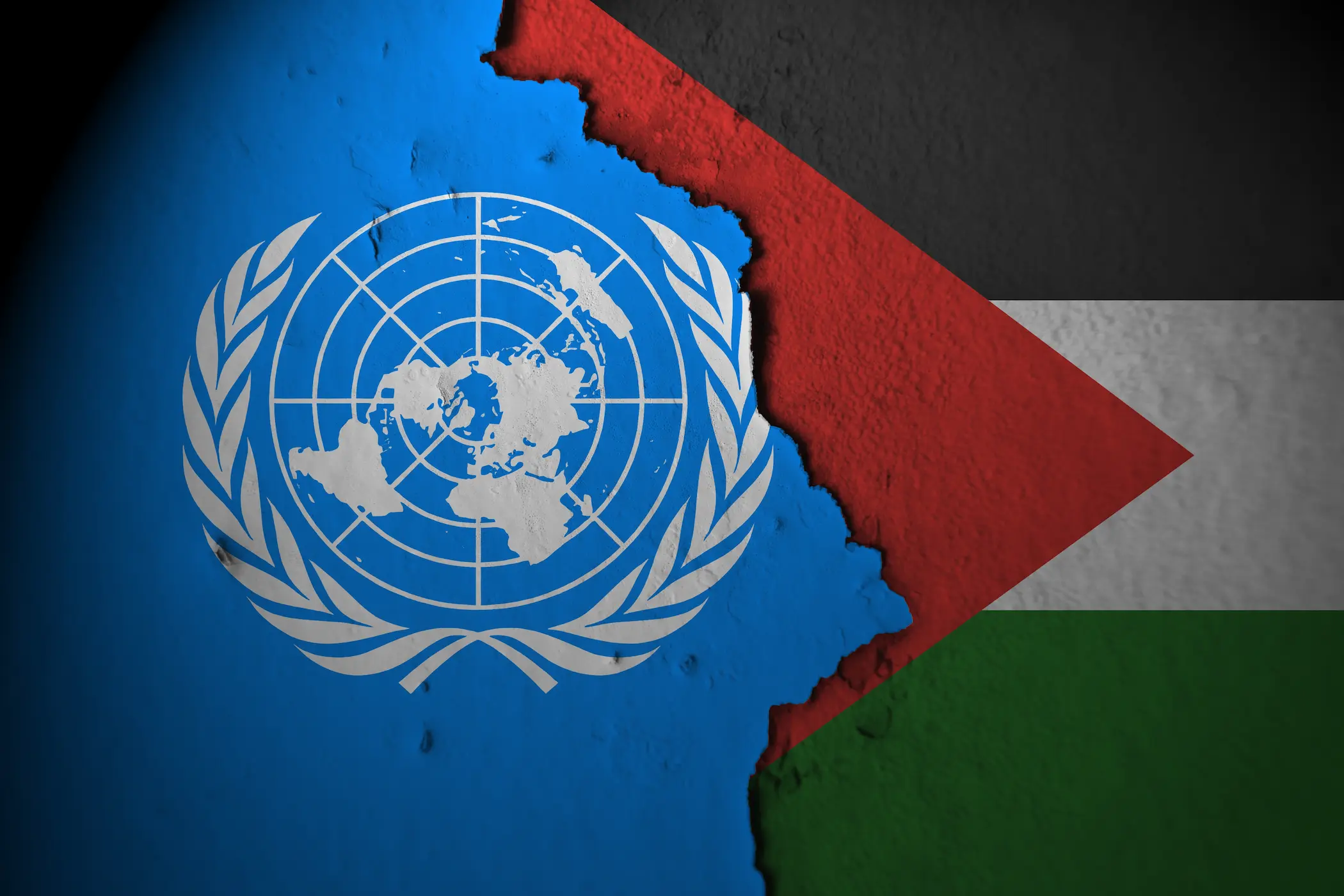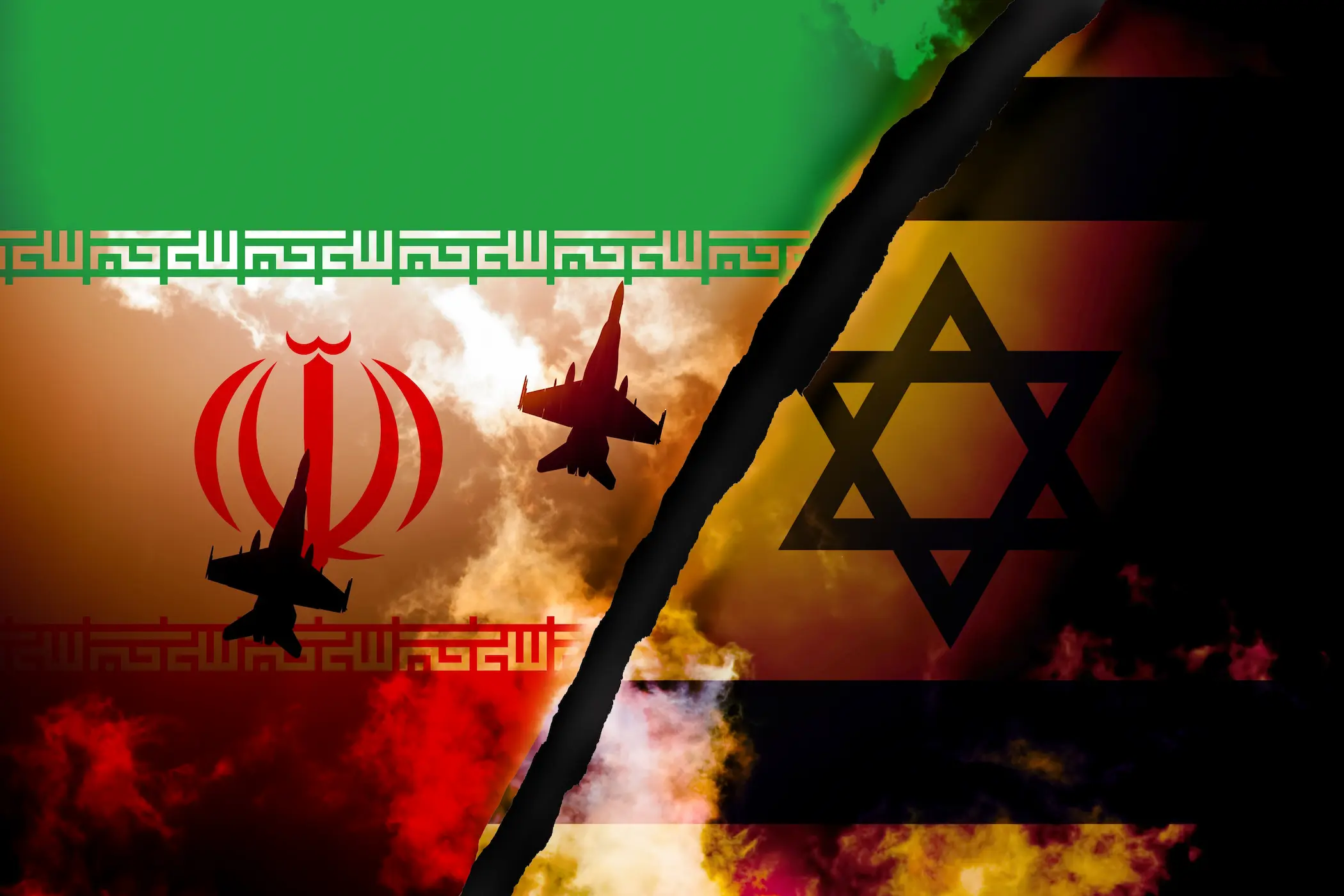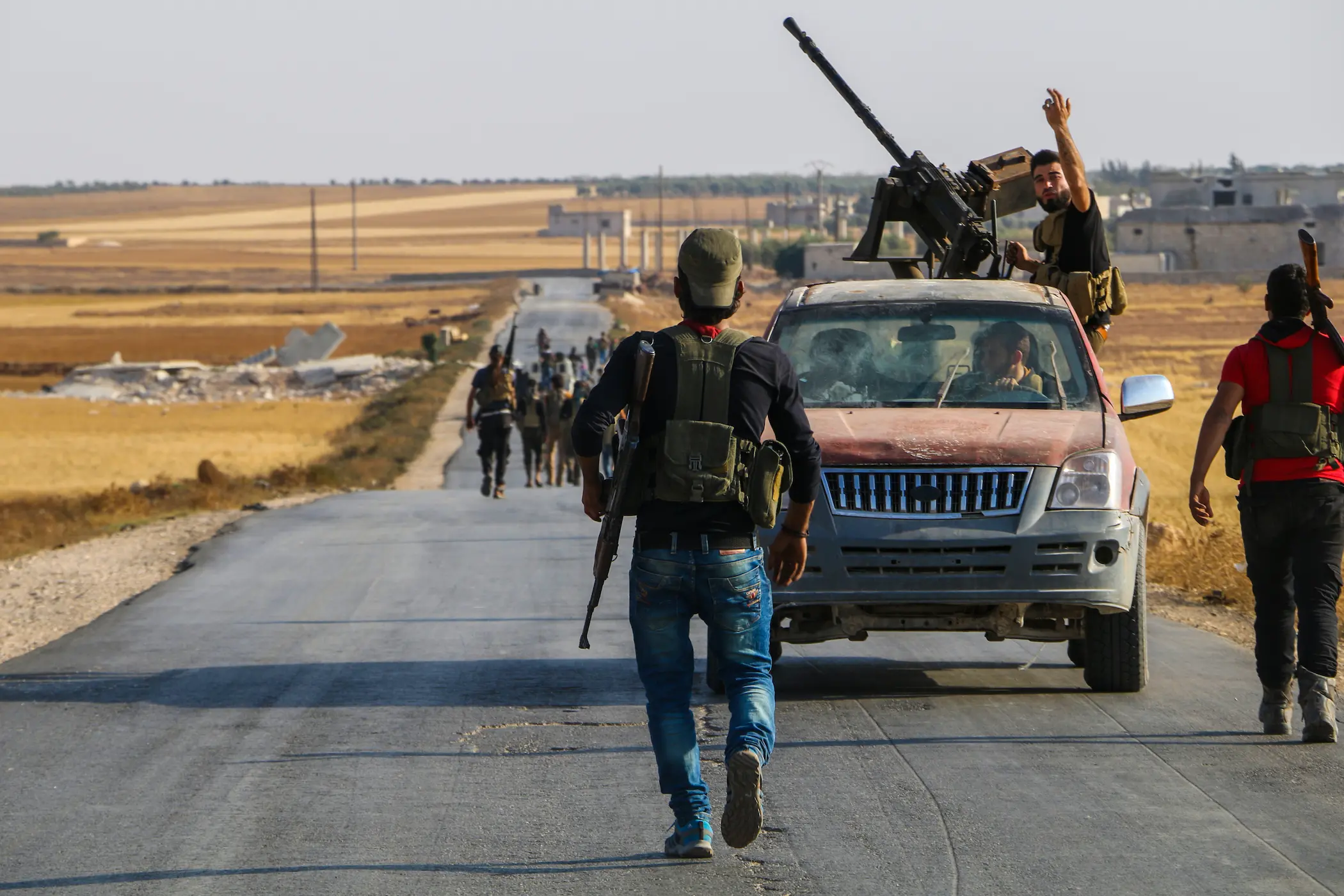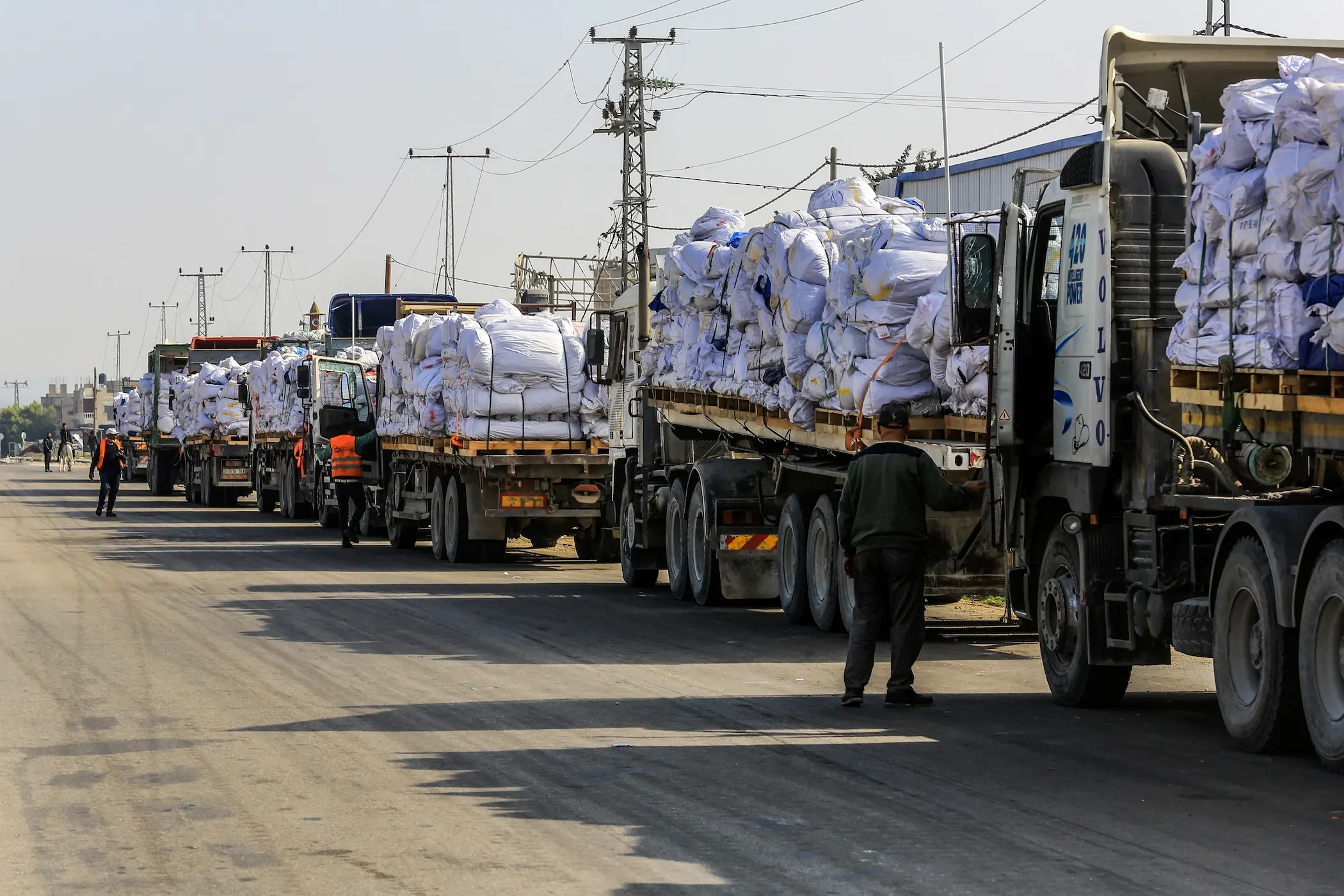A Jordanian citizen opened fire at the Al Karamah crossing—known as the King Hussein Bridge in Jordan and the Allenby Bridge in Israel—resulting in the deaths of three Israeli security guards. This incident took place in a commercial zone under Israeli control, where Jordanian trucks unload goods bound for the West Bank. While the crossing has seen relatively few security breaches since 2014, when Israeli guards fatally shot a Jordanian judge they claimed had attacked them, this latest episode marks a significant and potentially destabilising development.
The timing is particularly notable. The current incident marks a significant and troubling development, being the first of its kind since the events of October 7, which triggered the Israel-Hamas war and escalated tensions across the region. Its occurrence comes amid heightened Israeli military operations, including a nine-day incursion into the city of Jenin and its adjacent refugee camp in the West Bank.
Israel’s immediate response was to seal all land crossings with Jordan, halting civilian passage and initiating investigations into the Jordanian trucks present at the time of the attack. This blockade has resulted in significant logistical disruptions, with dozens of convoys stranded at the border. The incident not only exacerbates regional tensions but also prompts critical questions: Is this an isolated incident, or does it represent the fuse for a broader wave of resistance against Israeli policies in the occupied territories?
Importance of the Crossing
The Al Karamah Crossing is a critical link between Jordan and the West Bank, functioning as the sole gateway for Palestinians to access Jordan and the broader world. Strategically located on Jordan’s western border, approximately 60 km from the capital, Amman, and just 5 km from the city of Jericho in the West Bank, the crossing plays a pivotal role in regional mobility. For those departing Jordan to enter the Palestinian territories, the journey begins at the King Hussein Bridge on the Jordanian side, continues through the Israeli-controlled Allenby Bridge, where travellers undergo stringent security inspections, and concludes at the Palestinian-administered Al Karamah Crossing, which provides access to the Palestinian territories.
The crossing facilitates movement for Palestinians from the West Bank who hold the necessary permits, identification documents, and Palestinian passports. It also serves Palestinians from Gaza who carry green or blue bridge cards, as well as Jordanians who possess Israeli permits for family reunification. Additionally, Jordanians holding permanent passports with national numbers and yellow bridge statistics cards are authorised to use this route.
Further, after obtaining approvals from the Follow-up and Inspection Department, Jordanians with valid visas may use the King Hussein Bridge instead of alternative border crossings managed by the Residency and Borders Administration. The crossing also allows passage for diplomatic personnel, United Nations employees, official delegations, tourist groups, foreign passport holders, and individuals with permits to visit areas under the jurisdiction of the Palestinian National Authority.
Behind the Incident
The incident reflects a broader wave of anger toward Israel, particularly among Arab societies, with Jordan being no exception. This sentiment is rooted in the protracted war between Israel and Hamas in Gaza, now in its 11th month. Simultaneously, violence in the West Bank has escalated. On August 28, the Israeli army launched coordinated raids on several northern West Bank cities and refugee camps to suppress Palestinian resistance. This escalation, combined with increased Israeli settler violence and retaliatory Palestinian attacks on Israelis, has intensified regional tensions.
The Aftermath of the Incident
This incident has the potential to trigger a cascade of events that could destabilise the already volatile situation, with far-reaching implications for regional stability. Although the assailant’s motives are still under investigation, the event raises concerns that resistance networks in Jordan may feel emboldened by the growing unrest across the region.
Iran, which has been instrumental in arming Hamas and Hezbollah, may seek to exploit any emerging chaos in Jordan. Recent intelligence reports suggest that Tehran has attempted to smuggle weapons into the West Bank, using Jordan as a key transit route. This raises the alarming possibility that some of these weapons may have remained in Jordan, potentially fuelling further instability within its borders.
In addition, reports indicate that militant groups are believed to maintain strongholds in southern Jordan, a region where the border with Israel’s Wadi Araba area is notably porous. The vast desert landscape in this southern region has long been a source of concern for Israeli security officials, as it presents a vulnerable point for militant infiltration.
The consequences of the incident extend beyond security concerns and have significant economic implications. An indefinite closure of the border crossing could severely disrupt both the Israeli and Palestinian economies. According to the Palestinian Ministry of Economy, annual trade between Palestine and Jordan amounts to approximately $380 million, with most goods passing through this vital crossing. Additionally, the incident is likely to shift the Israeli government’s strategic focus from the northern front to addressing the repercussions in the West Bank and Jerusalem. A recent security report submitted to the Israeli government recommended a cautious stance toward Jordan to avoid further diplomatic tensions and ensure internal stability in the Kingdom.
Border Security Nightmare
The incident exposed significant failures within Israel’s political and security establishments regarding oversight of its border with Jordan. It revealed that Israeli authorities are not conducting thorough inspections at key crossings, particularly of Jordanian truck drivers. Israel shares its longest border with Jordan, extending 309 kilometres, much of which is poorly secured. Physical barriers are absent in some areas or consist of ageing fences and wires. Israeli sources report that substantial quantities of weapons have been smuggled across this border into Jordan, with instances of fighters crossing into the West Bank to support Palestinian factions. Tel Aviv is increasingly alarmed by Iran’s active involvement in facilitating these operations.
In response, Israel has heightened security measures at all border crossings, while security agencies have advised practical steps to ease tensions in the West Bank.
Ultimately, Israel must brace itself for the possibility of further destabilisation while hoping that the Jordanian government can maintain internal control. Ensuring stability in Jordan underscores the urgent need for Israel to find a pathway toward ending the Israel-Hamas war. With conflicts on multiple fronts—fighting Hamas in Gaza, Hezbollah in Lebanon, the threat of escalation in the West Bank, and even attacks from Houthi militias in Yemen—Israel now faces the added challenge of potential instability along its eastern border with Jordan.
Additionally, it is critical for Israel to avoid actions that could provoke further unrest. This includes restraining Israeli National Security Minister Itamar Ben-Gvir from provocative acts at the Al-Aqsa Mosque, enabling Palestinian workers to return to their jobs in Israel, and halting Finance Minister Bezalel Smotrich’s punitive measures against the Palestinian Authority.
Al Habtoor Research Centre’s Commentary articles allow researchers to provide quick, informed responses to ongoing topics, emphasizing personal perspectives and expert opinions without the weight of exhaustive citations. This ensures agility in addressing rapidly evolving subjects and enriches the discourse with authentic insights.






















Comments